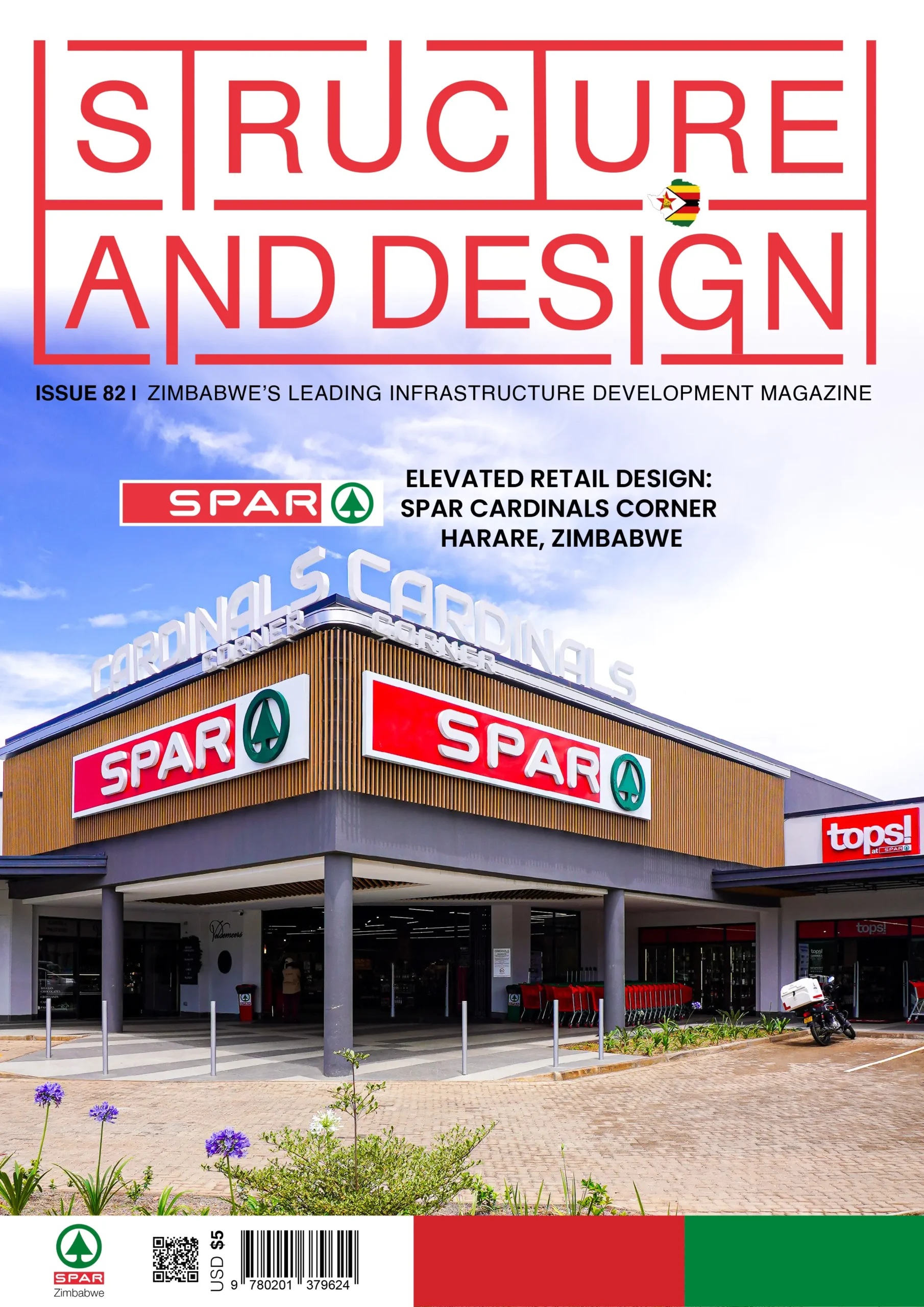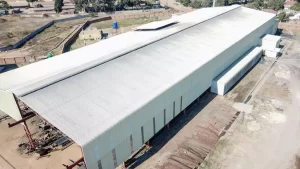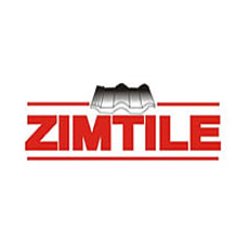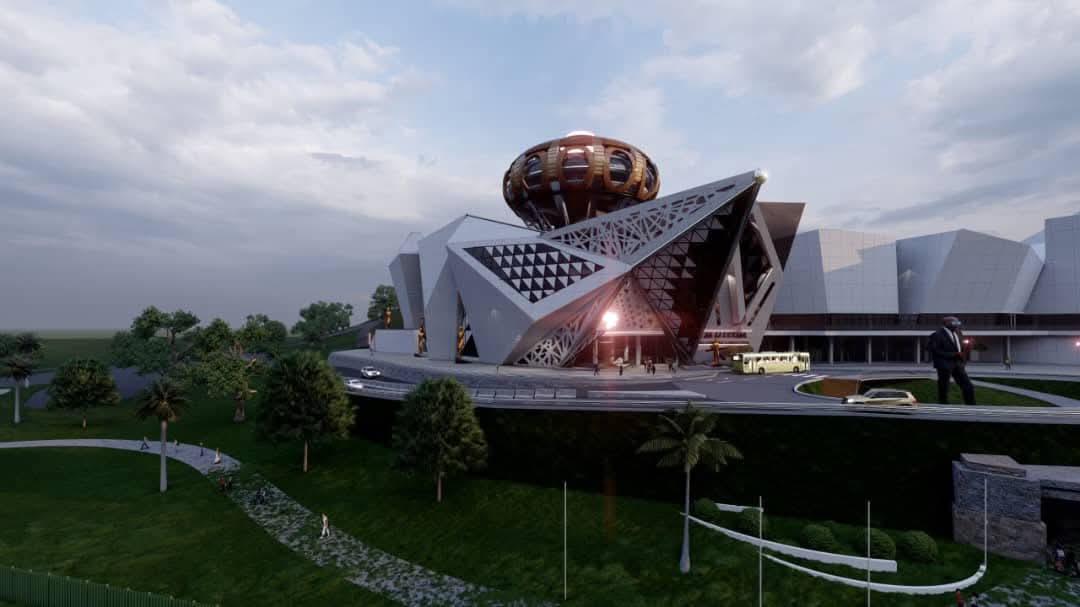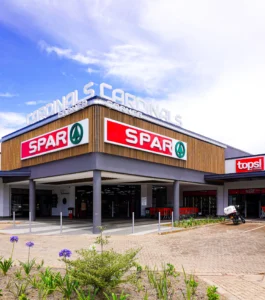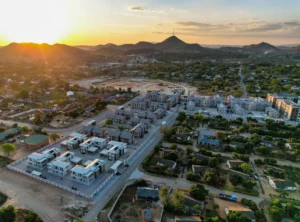Steel Brands has recently commissioned a new steel processing and manufacturing plant in Harare with an initial outlay of around $12 million, a signifcant investment in the future of Zimbabwe’s economy. Not only is it expected to create around 450 employment opportunities (and extensive skills training), it will save the country valuable forex from importing raw steel and has the potential to export fnished products to the region. After the demise of local company Ziscosteel most steel manufactures were dependant on importing raw materials for steel production. However, Steel Brands has had the vision to utilise recycled steel to create new and valuable products.
Recycling old or scrap steel allows Steel Brands to clean up the environment by removing waste and creating new products without the environmental degradation involved in mining and the related industries. Steel production is traditionally extremely damaging to the environment as well as being labour and capital intensive. By using recycled material the new plant also helps to create income for scrap metal dealers. Scrap metal dealers are assured of an equitable price for scrap metal which they deliver to the plant, providing income for the traders while cutting costs usually involved in raw material procurement and transport costs.
The plant not only re-uses scrap metal which would otherwise pollute the environment they also have a policy of recycling all the water used in the manufacturing process.
The manufacturing plant is situated at 1826 Spurn Road in Ardbennie just off Simon Mazorodze Road and bordering on the heavy industrial sites and the residential suburb of Houghton Park. The company is committed to training local job seekers and has helped boost employment in the previously disadvantaged surrounding suburbs. Not only are they committed to create local employment opportunities they are also committed to an employment and training programme that is gender sensitive and provides opportunities for young women and girls who are generally excluded from Scientifc and engineering jobs.
The site for the new plant was acquired in 2013, (adjacent to the new Pepsi plant) but planning and acquiring the necessary permission took around two years. Planning included permission from Environmental Management Agency (EMA) and City of Harare. Building on site began in 2015 and the project began initial testing towards the end of 2017. The plant was offcially opened by Minister of Industry and Commerce Mike Bimha at the beginning of June this year. The plant produces deformed steel bars for the construction industry in various sizes from 8mm up to 25mm. The steel bars are normally used for concrete reinforcing from foor slabs up to high rise buildings. The product is sold under the brand name Nexus certifed to BS4449 standards. Future plans include the production of other related steel products like angle iron, channel iron and I-bars.
The huge warehouse/factory structure was built by Grid Transmission and is approximately 130m x 40m. The majority of the machinery used was imported from India and specialist technicians came into the country to help set up the plant as well as training local staff to operate and maintain the equipment. Local staff will receive up to three years of specialised training from their Indian counterparts who have travelled the world setting up similar factories. Steel Brands has even constructed special accommodation for their ex-pat staff on site to make easier for them to deal with transport and housing.
So it’s much more convenient for staff to be on site sleeping during the day and working at night. The factory tends to focus their production during off-peak hours – at night time – when Zesa is less in demand and costs are signifcantly reduced. Temperatures in the furnaces reach up to 1600 degrees so their demand for electricity is very high. Subsequently they have a dedicated sub-station and a dedicated ZESA supply line. New machinery is expected to be imported and operational by July/August this year which will help reduce operational costs and make the plant more viable. This major investment in both equipment and staff shows an optimistic outlook for Zimbabwe’s economic future.


